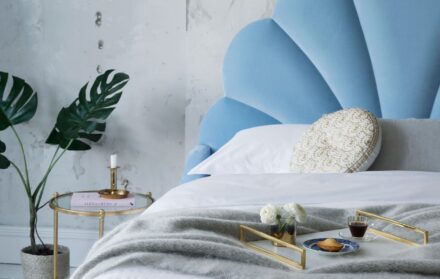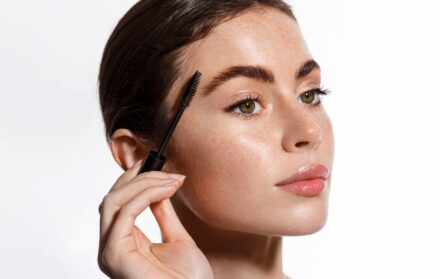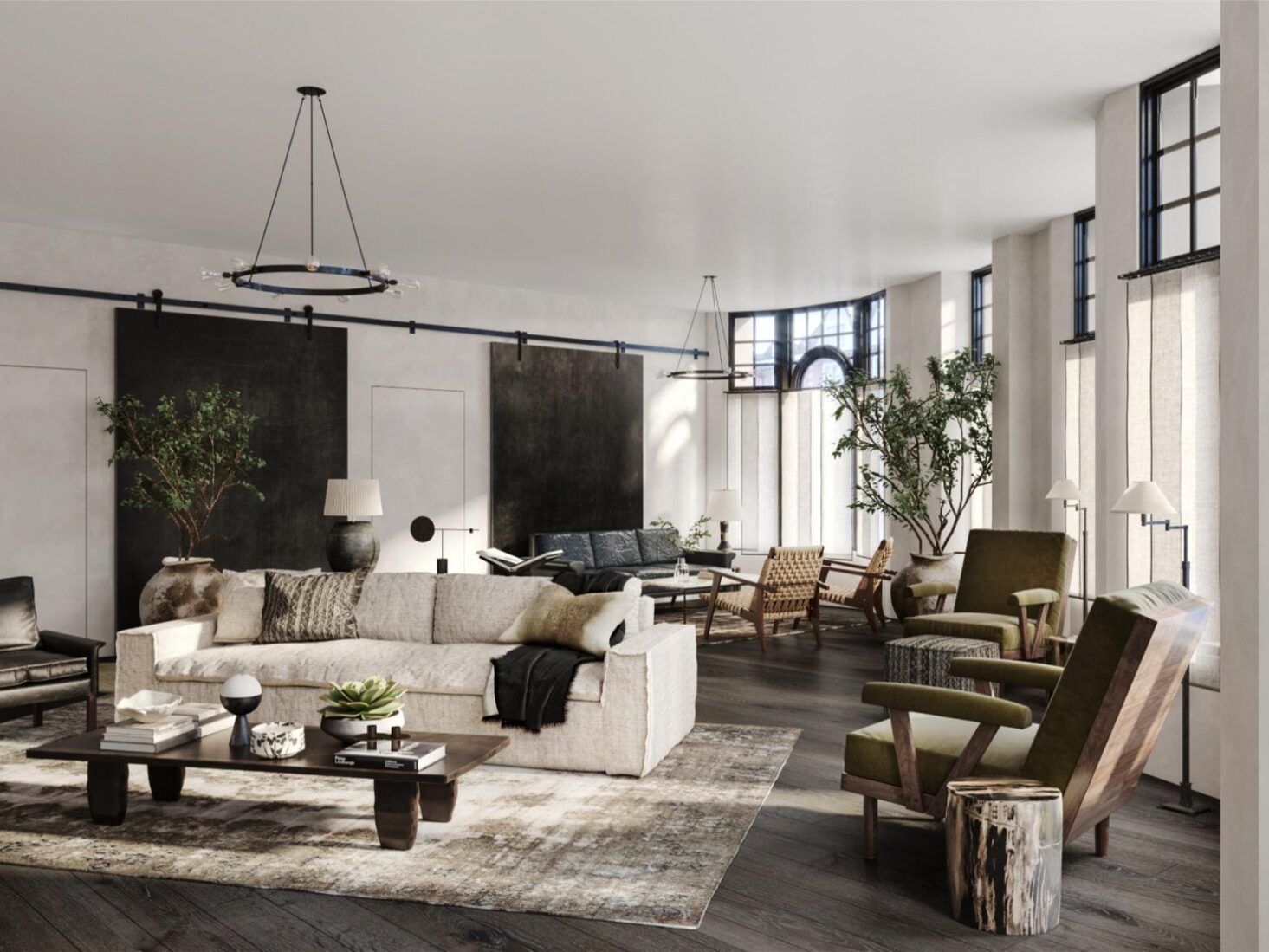
The Soke, South Kensington: London’s new mental health and wellness clinic is doing things differently
"We are not saying at all that the NHS is doing things wrong. We’re saying that private practitioners need to buck up a little bit."
Before I found out what The Soke actually was, I thought it sounded like a members’ club, or a cool new restaurant. It takes its name from South Kensington – very New York – and certainly doesn’t sound like a mental health clinic, which is exactly what its founder wanted. “The name is meaningless. We have a blank canvas; nobody has pre-conceptions so we can build the story that we want to build.” And that story is all about modernising the private mental health care sector. This is the task Maryam Meddin has set herself, after 25 years in branding and corporate communications, and with both a law degree and a Masters in Psychotherapy & Counselling Psychology under her belt.
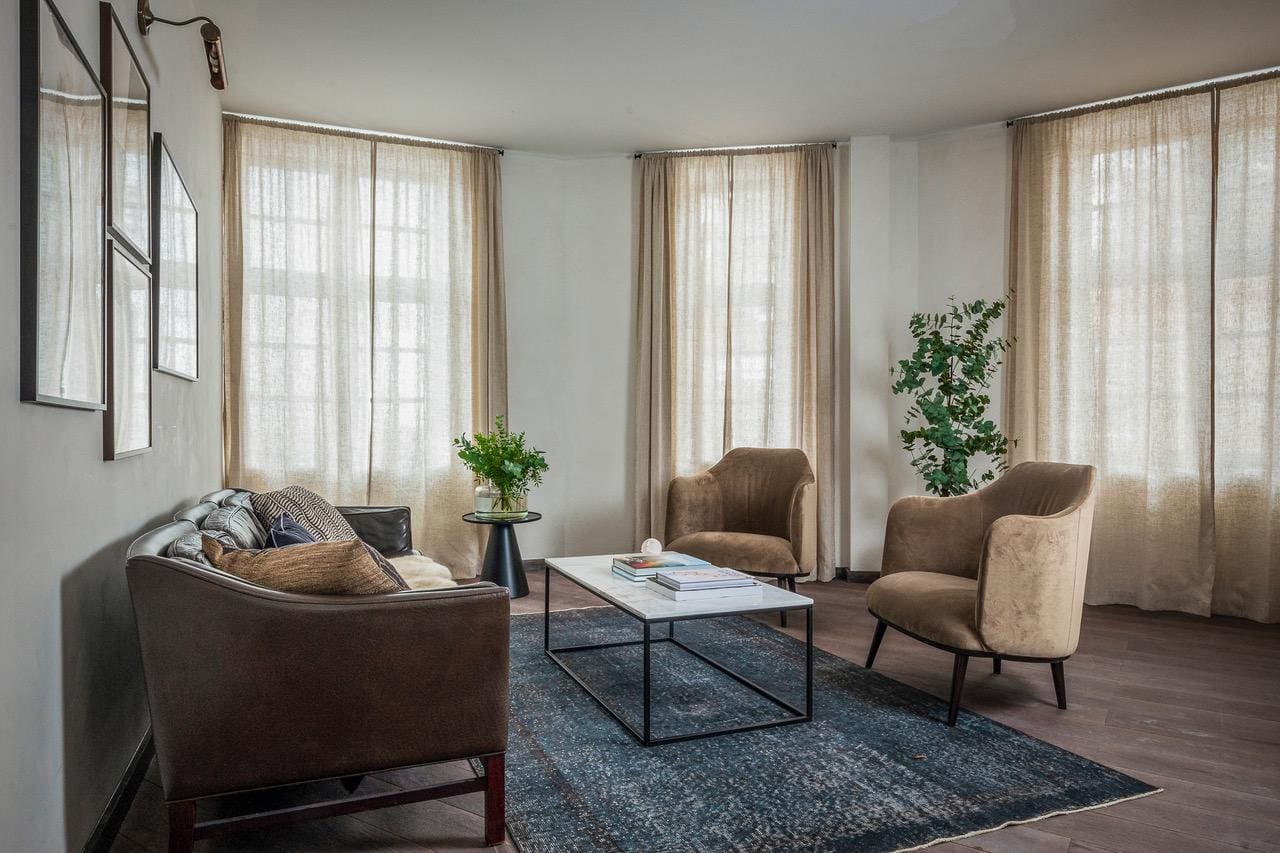
The result? A sleek, stylish, unintimidating clinic in the heart of Kensington and Chelsea, where clients – never ‘patients’ – can seek help for everything from bereavement and addictive behaviour to leadership development and family counselling from an impressive roster of practitioners. Head down the Fulham Road and find The Soke opposite De Gournay, and round the corner from Farrow & Ball, and Patrick Mavros. Maryam tells us more about her new venture.
Where does your interest in mental health stem from?
It probably resulted from the fact that we have a family in which mental health issues are rife. We’ve had suicides of close family members on both sides. It was something I was always very conscious of, and a little paranoid about. I used to wonder a lot if this was something that would be passed down. When the time came for me to explore therapy, I was very curious about what the whole process entailed.
So I decided to study it and as a result of that, I had to do a certain amount of practice hours. From my very first exposure to the business of mental health and the provision of mental health services, and I include the NHS in that, I was so shocked by how un-self-aware it was. Often, people are in it for all of the right reasons but often with little regard to how attitudes are evolving.
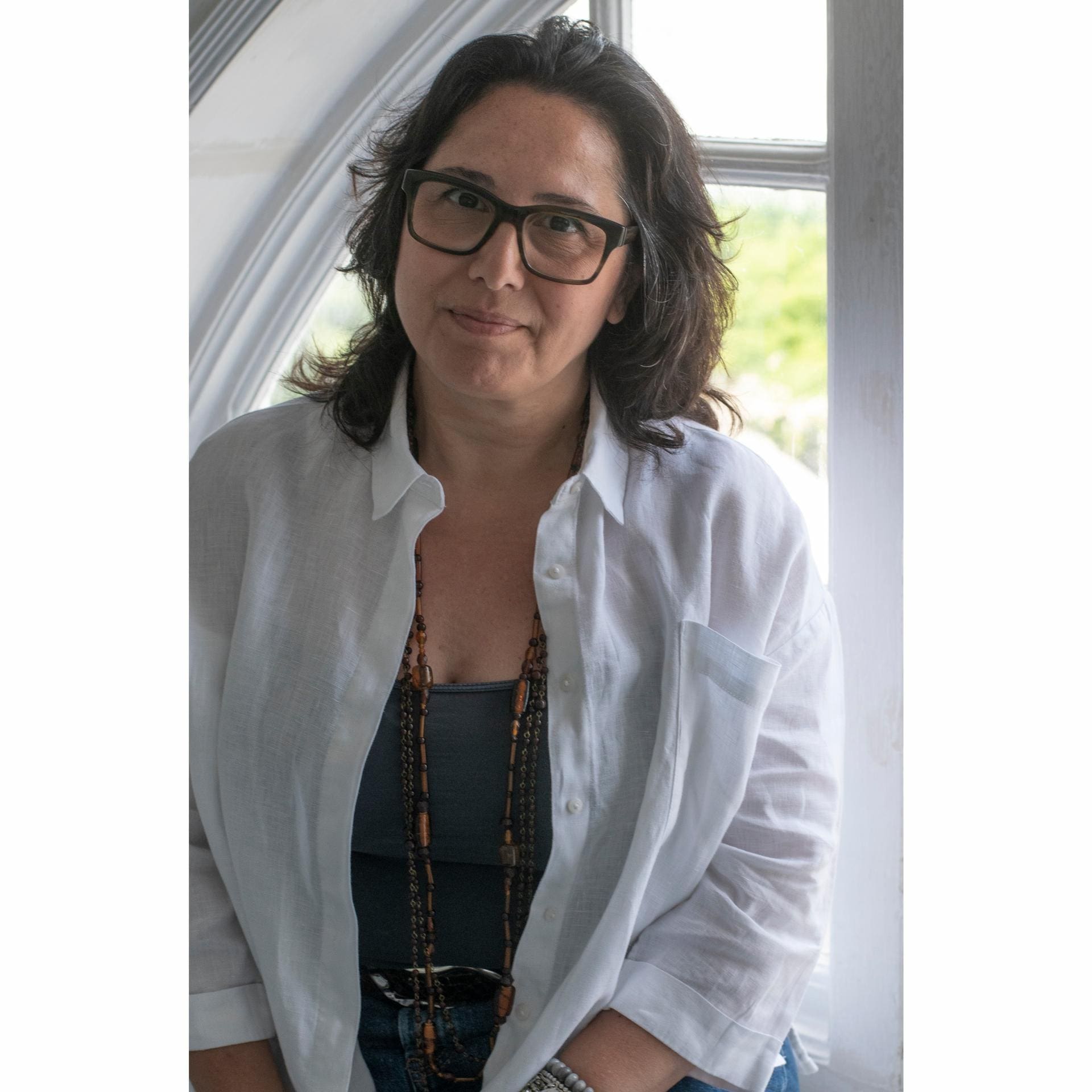
What do you feel private mental healthcare is lacking?
Having worked in business and in the service industry – I ran a communications and branding agency – I was conscious that it lacked an element of service. The minute people put their foot in a clinic, they’re made to feel like a patient, not a client. That was the thought process that led to where I am today – wanting to put these things right.
Are clients always referred to as clients, not patients, to ensure it’s more of a relationship, with an equal balance of power?
Exactly right. We make a really big point of not referring to anyone as a patient. It is quite normal for psychiatrists to refer to clients as patients but even then, we refer to them as clients. The doctor, the practitioner, sits on a pedestal and particularly in this sector – the person sitting opposite them feels as if they’re passing judgement on their feelings and emotions and who they are as a person. We wanted to address that in every way possible.
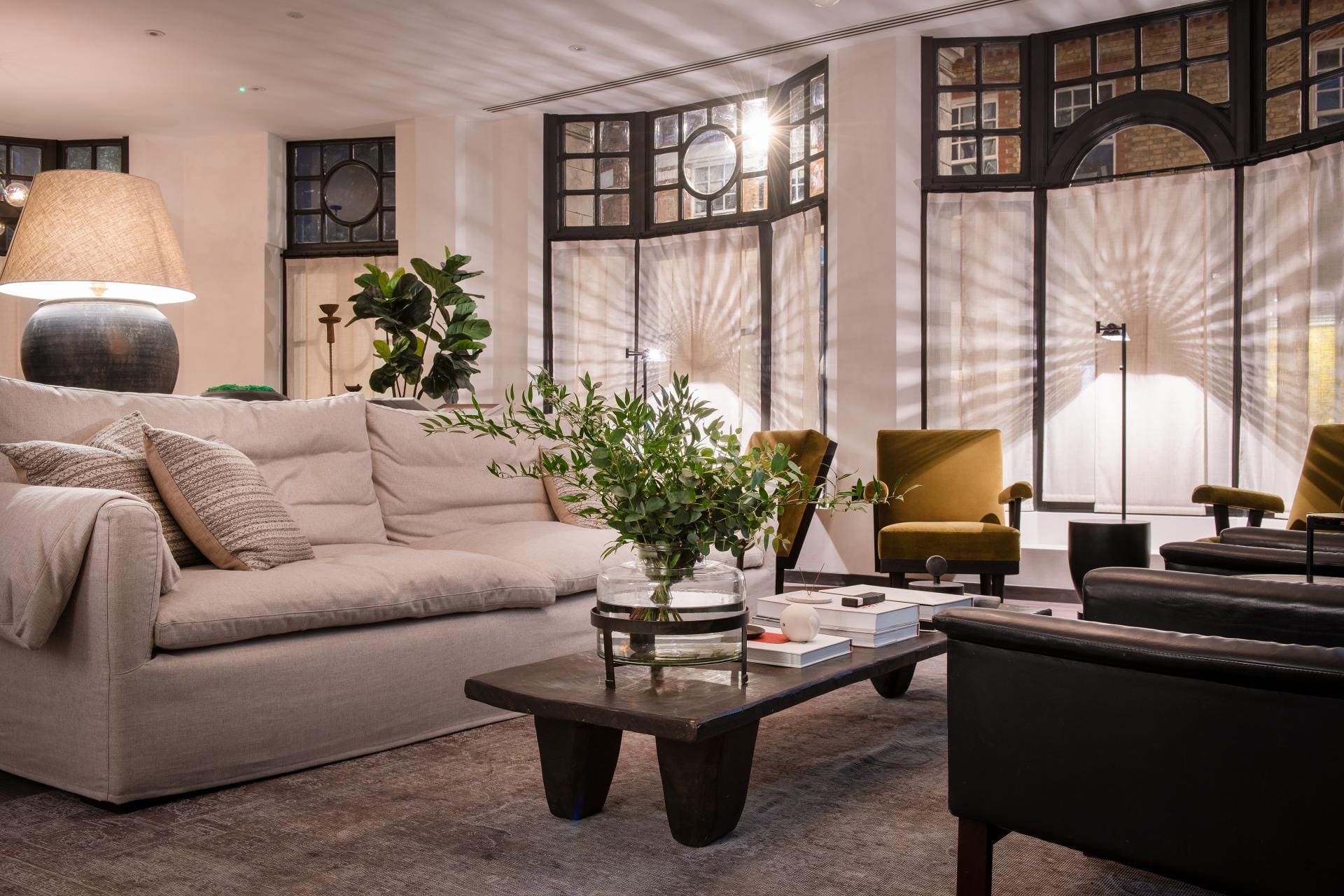
How is The Soke different from other private practices?
The Soke is a behavioural health centre that tries to bring out the meaning of the word service, in mental health service. We actually care about service! We are not saying at all that the NHS is doing things wrong. We’re saying that private practitioners need to buck up a little bit. We hope we’re going to have a lot of competition because it will mean people are finally thinking about the client, rather than thinking: the mental health world is booming and if we open our doors people will come. You need to care for people outside the therapy room too.
What was your ambition when it came to the ambience and interior design at The Soke?
We wanted to create a space that was soft, but not feminine, that looked luxurious but not uncomfortable. We are very happy for people to bring their dogs and if the dog wants to get on the sofa, that’s fine. We don’t have a reception desk. We know who will be at the door at a certain time and their profile at the very least, so they are greeted at the door and invited in. We’ve created relaxation pods so clients can unwind after a session, to help them feel calm and in control again before they leave.
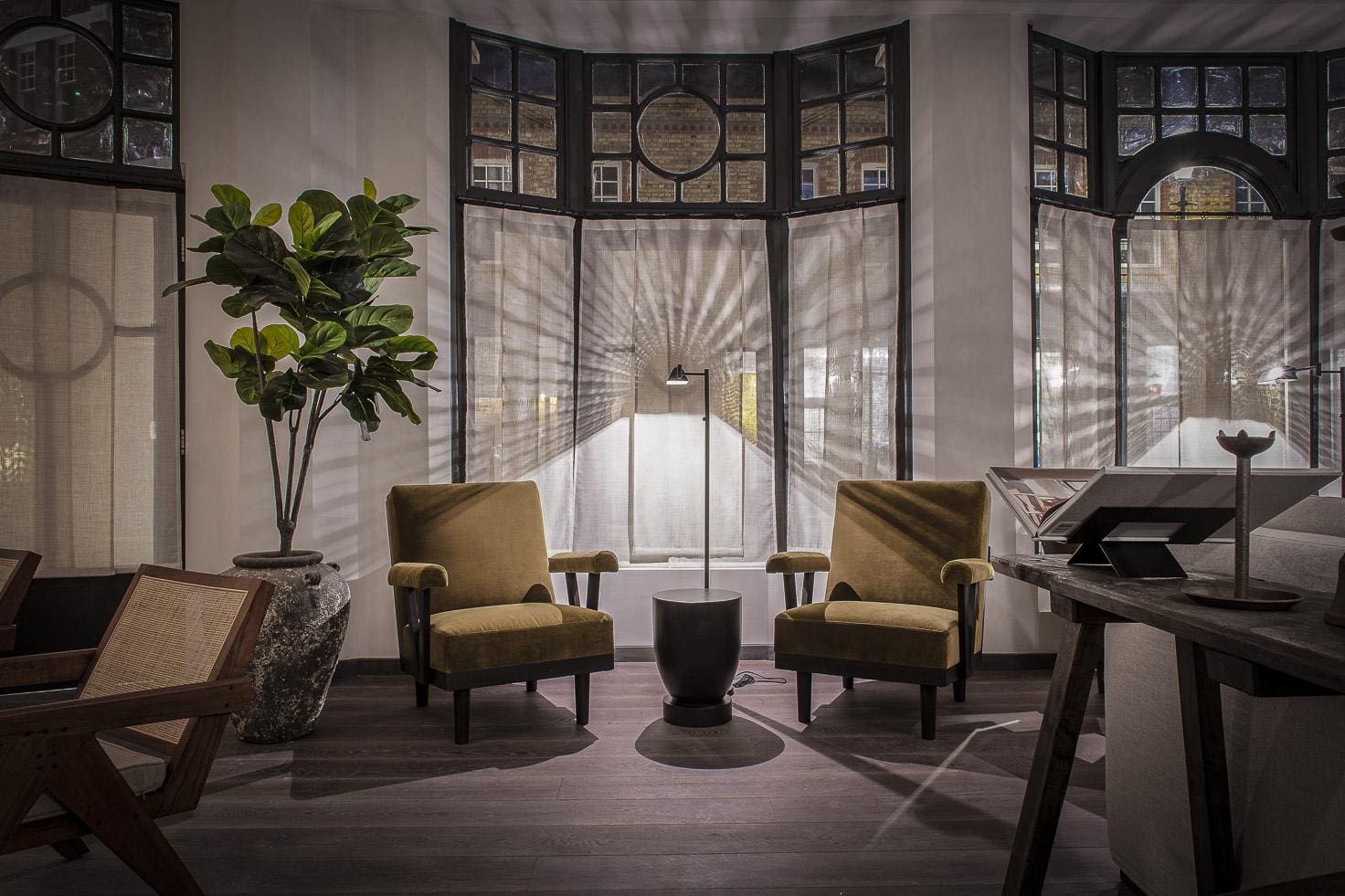
What’s different about practitioners and how you work with them?
We are really proud of the fact that we pay them for their time with us [rather than per appointment]. We wanted to be associated with people who garnered respect and I am pleased to say that we really had our pick for each role. If they see somebody and think they may not be best suited to each other, they can refer a client to someone else. It’s standard in the NHS to have a case manager, assuming you’re in for something acute. Somebody might pass a client on to someone else because they have access to different types of disciplines – which is also something we do here. We’re putting our money where our mouth is and making sure we’re looking after the client. These steps should be natural to mental health providers.
There isn’t a one-size-fits-all model when it comes to finding a therapist, is there?
That’s the whole point of therapy. It’s about you. There are no rules. Generally, the idea of therapy is making people comfortable about what they want. As an organisation, we try really hard not to be prescriptive about what works. There’s nothing worse than saying you should meditate or go for a run, because it might not be practical or what they’re able to do. We just say: find what works for you and don’t feel you have to explain yourself.
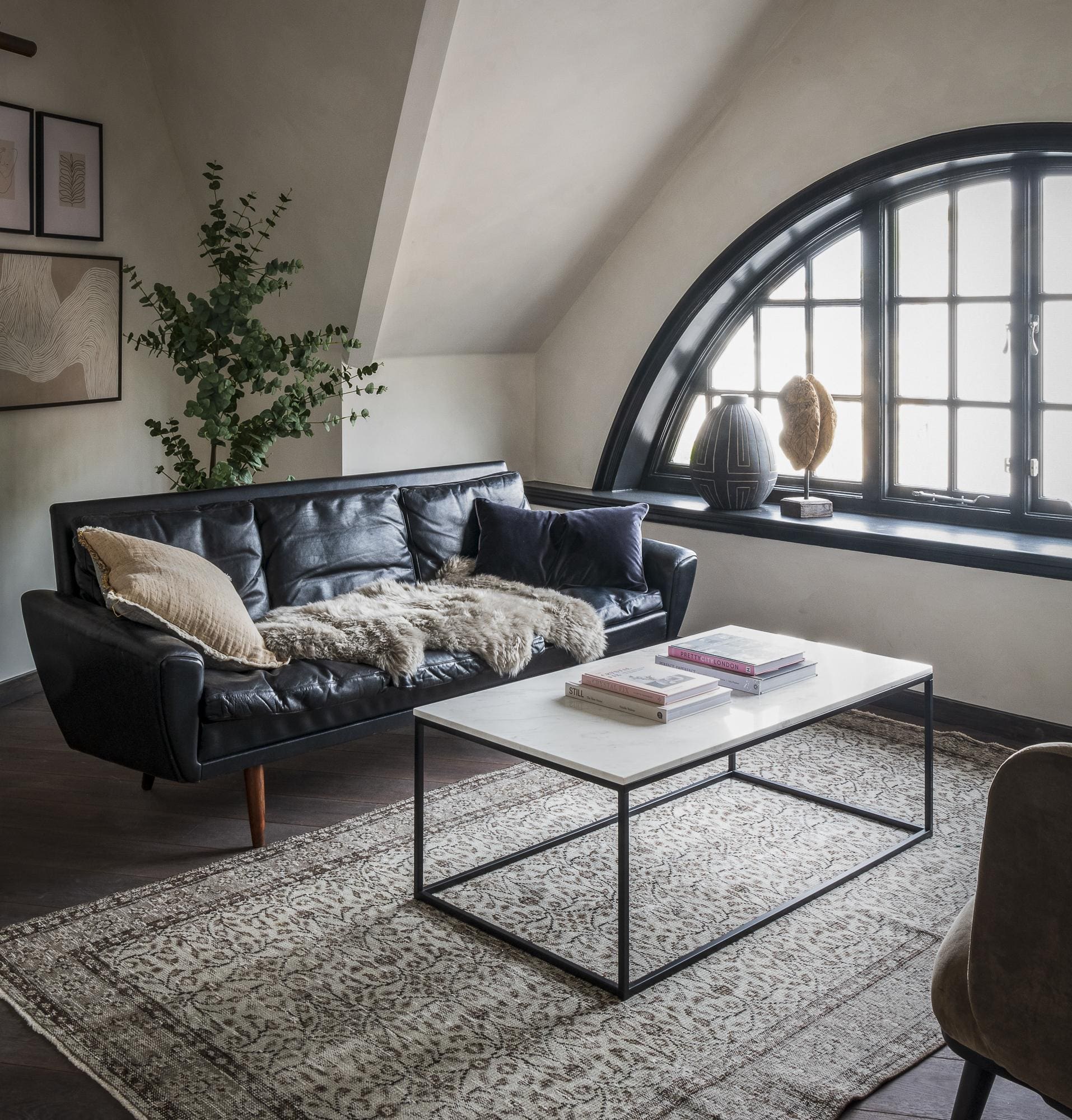
What does London mean to you?
I am a Londoner through and through. I was born in Iran but I have been here almost my whole life. I live in Maida Vale now but I lived in Kensington and Chelsea for many years. I remember having that dilemma which I think a lot of immigrants have – am I this or that? Am I British or Iranian? I remember overhearing a friend’s husband at a cocktail party answering someone who asked him if his wife thought of herself as Iranian or English. He replied; ‘my wife thinks she’s a Londoner’ and I had a light bulb moment. That was it. I cannot tell you what a sense of ownership I feel over London. Not over being British, but over London. To me, it is home.
thesoke.co.uk To book a free place on The Soke’s first webinar, Conversations Between Couples, on Thursday 10th December at 12pm, click here





